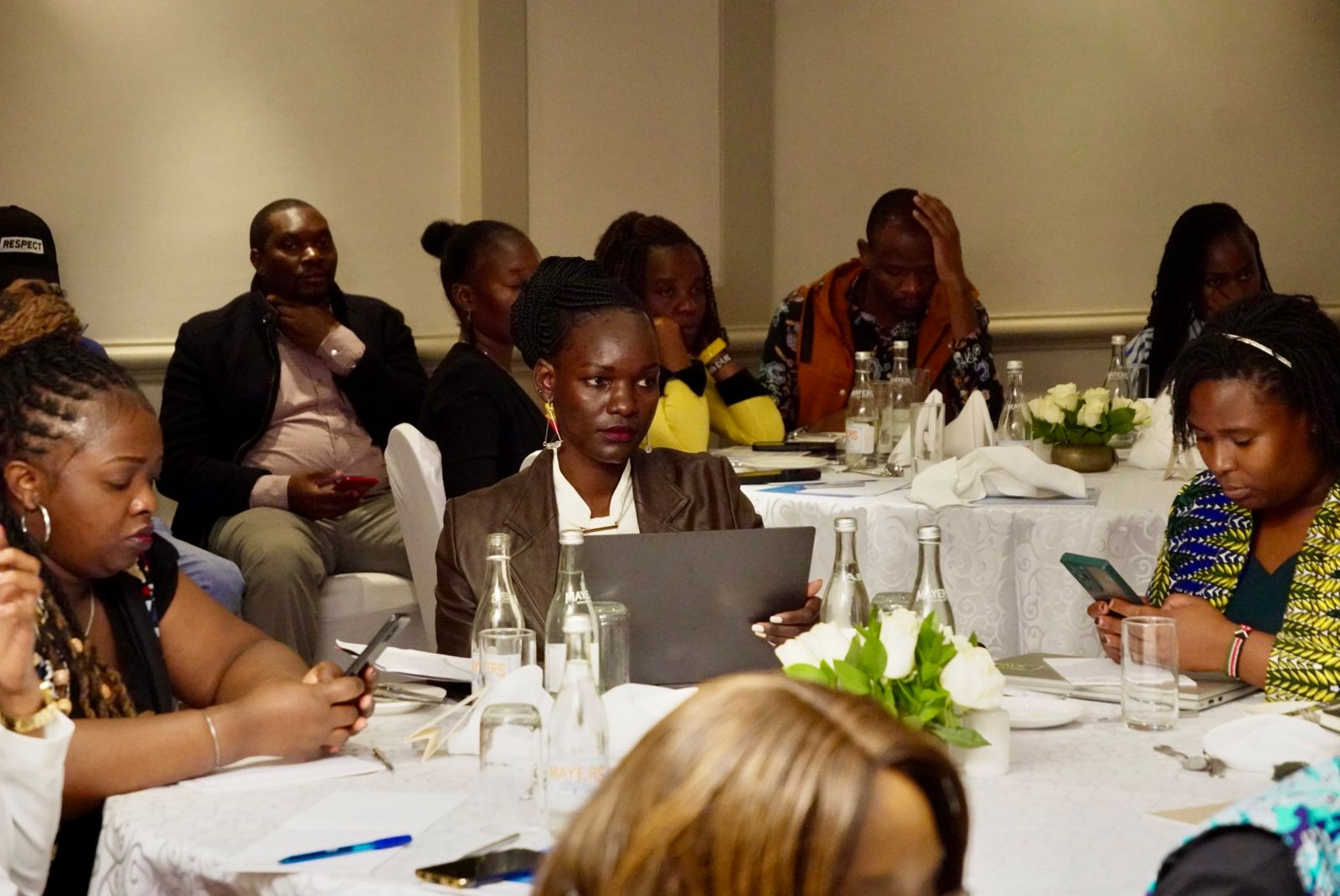

A coalition of Kenyan civil society organisations backed by the voices of waste pickers is calling for African governments to unite and demand an ambitious, legally binding agreement.
Civil society organisations convened ahead of the Intergovernmental Negotiating Committee (INC-5.2) on the Global Plastics Treaty, set to take place in Geneva from August 5 to 14, 2025.
The Kenyan Civil Society Coalition to End Plastic Pollution emphasised the urgency of the treaty in protecting human health and the environment from plastic pollution across its entire lifecycle.
This commitment was announced during a media breakfast in Nairobi, co-organised by the Centre for Environmental Justice and Development (CEJAD) and Heinrich Böll Foundation (HBF).
Kenya National Waste Pickers Welfare Association chairman Gisore Nyabuti said waste pickers collect, sort, and recycle up to 60 per cent of plastics in Kenya.
This, he said, would otherwise choke rivers, pollute our soils, and harm communities".
Despite their efforts, they often work in hazardous conditions without fair pay or recognition.
"We demand a just transition for waste pickers. This means formal recognition of our contributions in the treaty. Waste pickers are not just part of the solution, we are the solution,” he said.
CEJAD executive director Griffins Ochieng called for a global coordinated approach to solve plastic pollution.
"This is an opportunity for Africa to assert its position, protect its people, and shape an ambitious, legally binding treaty that delivers real, systemic change,” Ochieng said.
“Let this treaty reflect the lived realities of our people, not the boardroom interests of petrochemical companies as witnessed over the past negotiations.”
The INC-5.2 negotiations mark a critical juncture in the global effort to end plastic pollution.
The goal of the negotiations is to finalise the treaty, addressing various aspects of plastic pollution across its lifecycle, including production, chemicals of concern, design, trade, waste management, and a just transition.
Governments, including Kenya, have taken commendable steps to address plastic pollution.
However, while waste separation and recycling efforts are important, they remain insufficient as long as plastic production continues to rise unchecked.
The societies said recycling is not a silver bullet; it often shifts the problem rather than solving it.
According to them, African nations, as primary importers of plastic products, suffer the most from toxic air pollution, polluted waterways, destroyed ecosystems, and overwhelmed waste systems.
Scientific evidence, including a recent report by CEJAD Dangerous Fun, reveals the presence and prevalence of hazardous chemicals in plastic products linked to cancer, respiratory illnesses, reproductive disorders, and other serious non-communicable diseases.
The coalition stressed that while waste separation and recycling are important, they are insufficient as long as plastic production continues to rise unchecked.
"Kenya's single-use plastic ban showed that policy works, but real progress requires going beyond recycling to tackle the root cause: overproduction,” HBF Programme Coordinator of the Sustainable Development Programme Fredrick Njau said.
African nations, as primary importers of plastic products, disproportionately suffer from the consequences of plastic pollution, including toxic air pollution and devastated ecosystems.
"African nations must not become the dumping ground for the Global North's plastic waste or be forced to adopt polluting technologies like incineration and waste-to-energy schemes under the guise of 'solutions'," Hellen Dena, Pan-African Plastic Project Lead at Greenpeace Africa, warned.



















